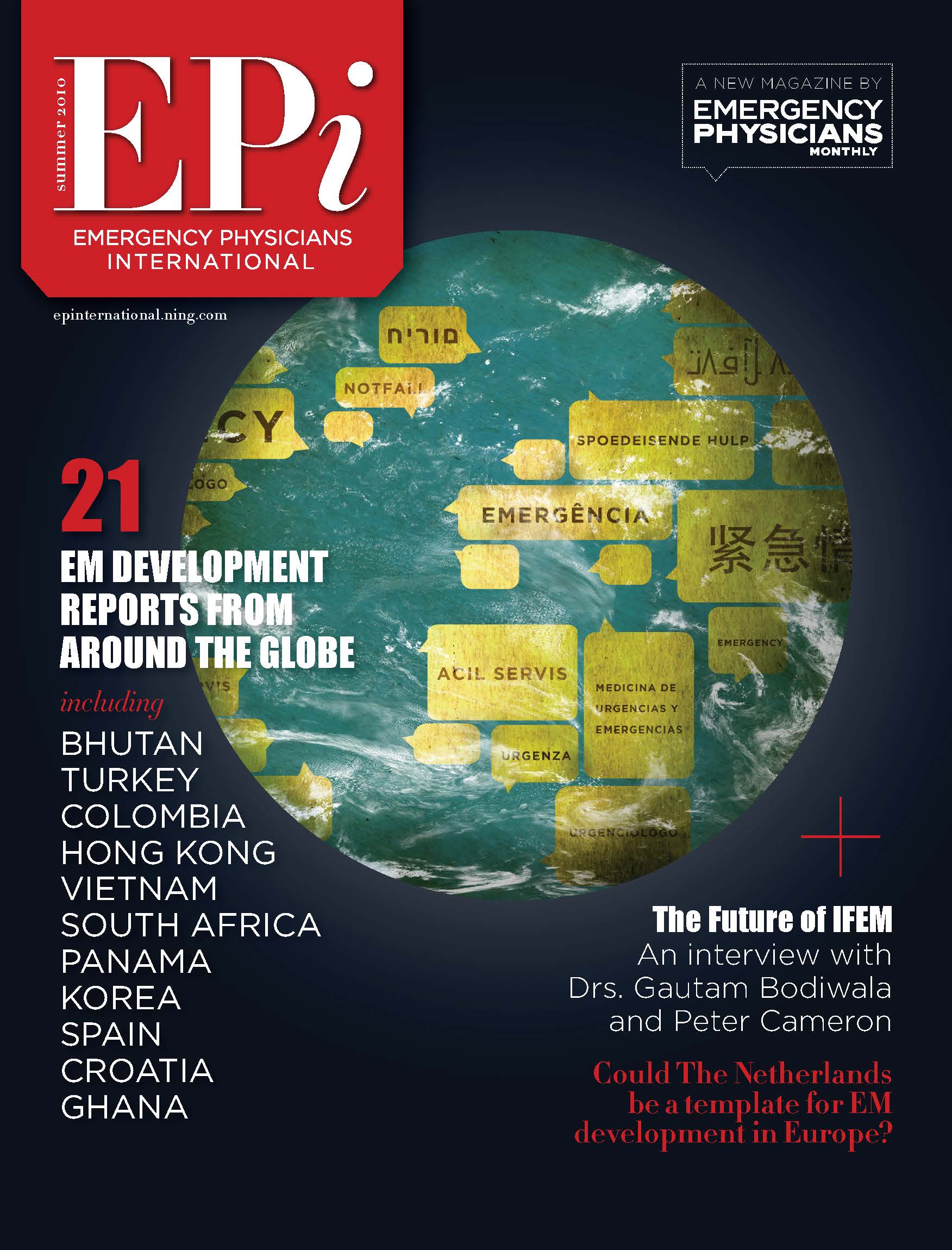Opinion: Reflections on Health Inequity During COVID-19
Editor’s Note: Emergency Physicians International was created as a platform for practicing emergency physicians to share their stories and views from the front lines of medicine. When we received the letter below, we considered not printing it, because it was written by an academic who hasn’t worked in the emergency department. We’re more about boots-on-the-ground than ivory tower criticism. We decided to share it not because we agree with it, but because its challenge represents a worldview that is held by many, particularly in academia. And we believe emergency medicine will be stronger for having wrestled with the hard questions. We invite you to let us know your take on these issues, in alignment or opposition. If you’d like to publish a response, please email our Managing Editor at esther@epijournal.com.
——————————————————-
COVID-19 continues to sweep the globe with more than 200 million cases and approximately 4.5 million deaths reported as of early September 2021. After the resurgence of Black Lives Matter and Free Palestine protests in the past year, it has become clear that the pandemic has not had a symmetrical impact on everyone. One half of the world is debating vaccine boosters to counter the new variants, while the other half is still waiting to receive their first batch of the vaccines. COVID-19 exposure and hospitalisation rates are higher among minority groups than among white people in the UK. These imbalances reveal the existing power dynamics and colonial structure that benefits rich, hegemonic countries while racially minoritised populations and the Global South suffer at a disproportionate rate in times of crisis. Although COVID-19 is unequivocally impacting everyone, is it fair to simply prevent and treat health crises while overlooking all the various forms of oppression we face in the world today?
A year ago, I began my academic career in global health to study the health implications of armed conflict and war. I came into this field with a background in biological sciences and only understood disease through biomedical and scientific explanations. However, my experience as a Black Muslim woman in the UK negates the idea that our health and well-being are merely shaped by our bodies’ composition of cells and proteins, but also how we are positioned in society. Black, Indigenous and People of Colour (BIPOC) face more disproportionate threats when it comes to diseases and illnesses just by their race and ethnicity, as well as other social determinants of health including income, education and gender. This pandemic has been a key example of these inequalities, as racially minoritised communities endure more difficulty accessing emergency departments, while refugees, displaced individuals and migrants are held in overcrowded camps and shelters, making them more vulnerable to the spread of COVID-19.
Meanwhile, in the Global South, the socio-political determinants of this pandemic are more abundant as health systems are either underdeveloped or severely hampered. Health systems in many low- and middle-income countries (LMICs) in this region are underdeveloped or severely hampered by war and post-colonial grievances, limiting their ability to respond to the current pandemic. The result is that more people are dying from preventable causes due to a lack of universal health coverage, resource shortages (e.g., oxygen therapy) or uncontrollable spread of COVID-19 amid an ongoing vaccine inequity, while wealthy nations hold the monopoly on them to jumpstart their economic recovery. To say that health is an apolitical entity of our bodies is inaccurate and fails to acknowledge how systemic oppression and colonialism are deeply rooted in global health and medicine.
Discussions around decolonising global health have emerged recently – from addressing epistemic failures in academia to reforming the humanitarian system to move beyond its colonial legacy. The way these sectors are currently set up focuses heavily on how the Global North can support the Global South, but the most prominent actors – from UN agencies to medical NGOs – are mostly led by white practitioners from the Global North that fail to acknowledge their own positions or history. In A Dying Colonialism, Frantz Fanon referred to European doctors as a "link in the colonial network, spokesman for the occupying power" but this arguably extends to everyone in global public health including policy makers and academics. We continue to prevent and treat illnesses without actually questioning the structural determinants of these issues, primarily because we are inclined to maintain an impartial stance rather than speak out against apparent injustices. Decolonisation does not just refer to a commitment to anti-racism or Equality, Diversity and Inclusion initiatives, but understanding and dismantling the current structures in power that benefit the wealthy and exploit BIPOC populations across the globe. However, if we continue to ignore the history of colonialism and imperialism, and even in places where colonialism persists violently (such as Palestine, Afghanistan, and Yemen), inequalities in health will persist.
We need to recognise that we do not live in a post-colonial, racial utopia when violent oppressive forces continue to be dominant in the world. Globally, marginalised communities continue to be subject to forms of ethnic supremacy and Western hegemony on a social, political, and economic level, which adversely affect their health. Therefore, the role of physicians is crucial – they can either take advantage of their privileged position to advocate for social justice and dismantle unequal power structures or remain neutral (and arguably complicit) in the oppressive forms of power against those on the margins of society. We cannot keep preventing and treating health emergencies as they arise unless we address the systemic issues behind the same problems doctors and doctors are treating. Otherwise, COVID-19 will continue to persist and overwhelm ICUs across the globe unless we align our objectives for health with fairness and justice.







